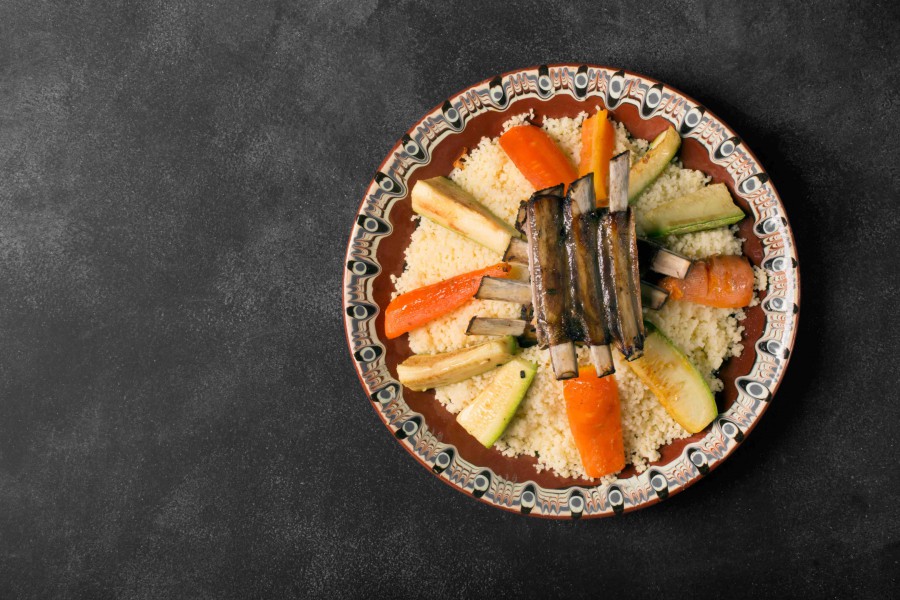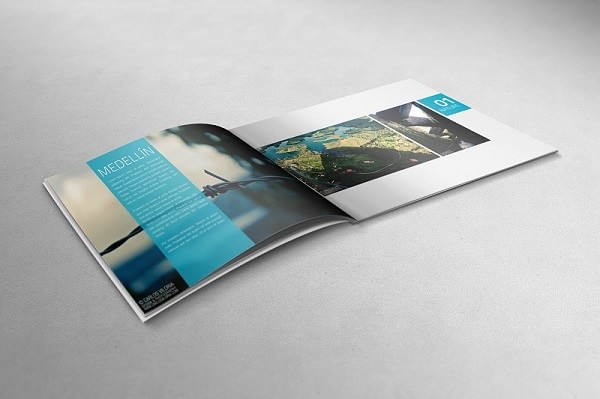A memorable Dinner-Debate with ACYPL Exchange delegation

By Michael Blumer
The TAYP Tunisian chapter board members enjoyed a wonderful dinner with the delegates from the American Council of Young Political Leaders (ACYPL). We all delved deeper into discussion about the flip-side to what they probably did not hear during their formal meetings with Tunisian politicians, institutions, and students. Such formal meetings were full of optimism and hope for a better future despite setbacks and frustrations that would be deemed normal to any country going through what Tunisia has. This flip-side shouldn’t be swept under the rug as simply negative or pessimistic, rather it should be given its due place in order to seek better solutions for a cracked system. Basically, by having input from all sides, one could have a better appreciation of the challenges facing Tunisia.
Starting again from what ignited the revolution: opportunities, work, and dignity – the discussion focused more on restrictions on entrepreneurship as well as having a customer-driven economy. The example of Bouazizi, the poor street vendor who was trying to make ends meet as well as such as the challenges the founders faced when creating Wiki-Start Up (an incubator in Tunis).
David Chang, Chairman of the Hawaiian Republican Party, the CEO of Wealth Bridge, and a serial entrepreneur stated that there are 4 indicators to a system that breeds entrepreneurship: 1) An easy access to capital, 2) A steady flow of ideas, 3) Protection of intellectual property, and 4) Open and Fair market competition.
This is one of the main points to the flip-side of the evening; the financial, economic and social systems that are in place have yet to change in order to accommodate the demands of the revolution. Examining the new constitution we find that it gives rights to workers but not to entrepreneurs, causing the drive for motivation and innovation as well as competitive markets back to keeping the status quo and simply putting bread on the table. Such disconnects of politics and employment is leading towards a disinterest of politics for the average person, which raises the risk of an even low voter turnout for the next elections.
Policy, media, and justice definitely have their place in instigating change, but the real difference, again, must be a cultural one among the people of Tunisia. More exchange and face-to-face interaction between Tunisian and the international community such as Americans were encouraged to be a helpful tool to facilitate pitching for investments. This known understanding in a transfer of trust in friendship and doing business together plays perfectly with an Arab culture such as Tunisia.
It’s difficult to put a conclusion on a discussion full of complexities, but at the end of the evening, we all left with a sense of camaraderie as one would when sharing a meal “الماء والملح”.
A special thanks to Mohamed Malouche for all the planning and implementing this year’s ACYPL’s exchange as well as to FSVC for sponsoring the dinner.
related news


About the author
Mohamed Malouche
Proin eget tortor risus. Cras ultricies ligula sed magna dictum porta